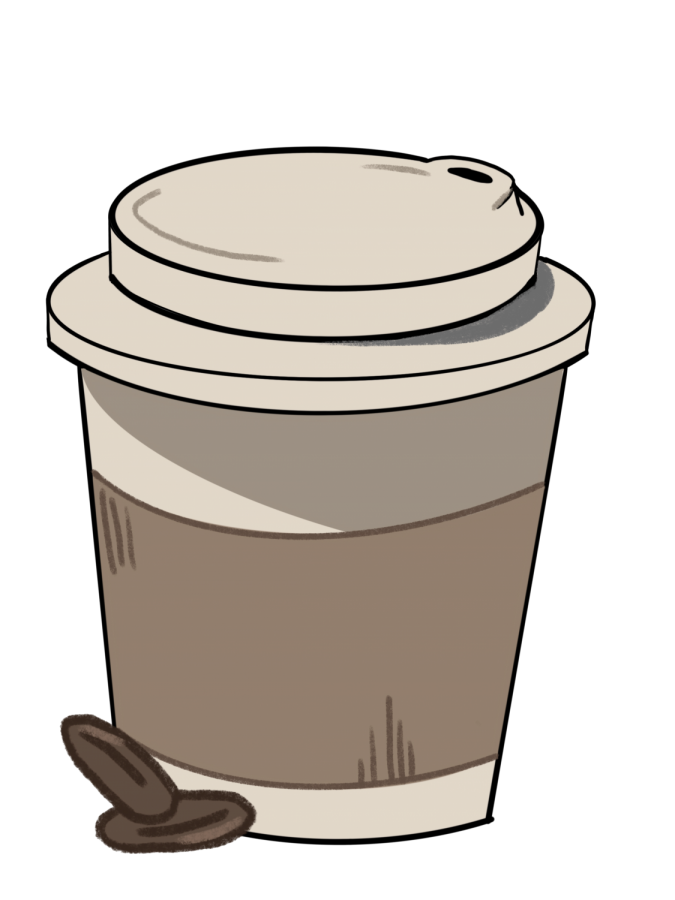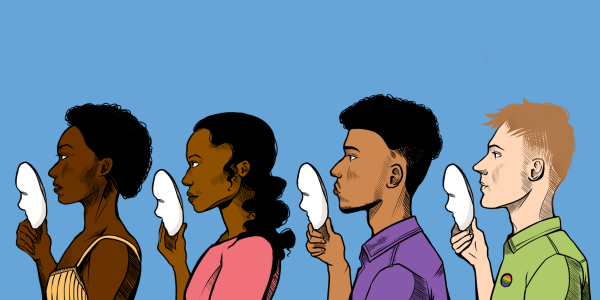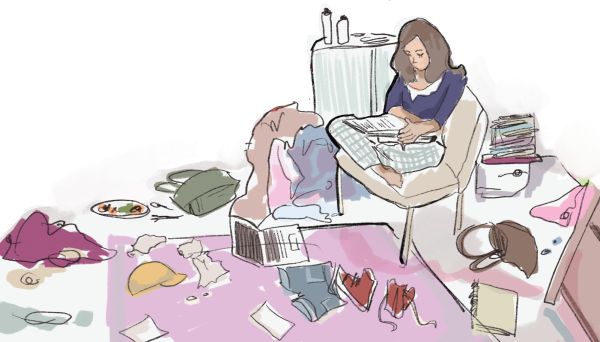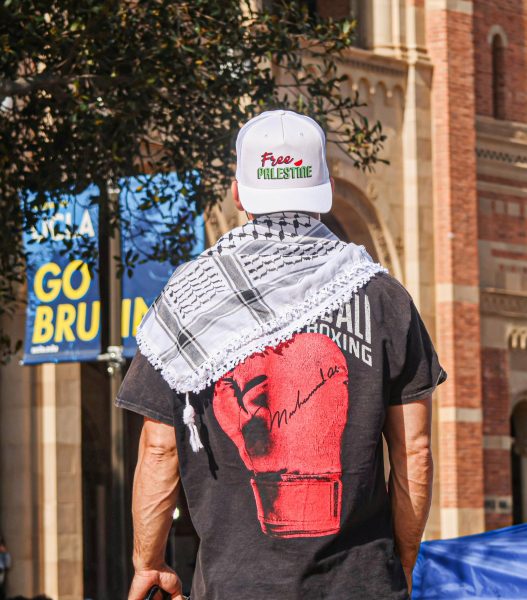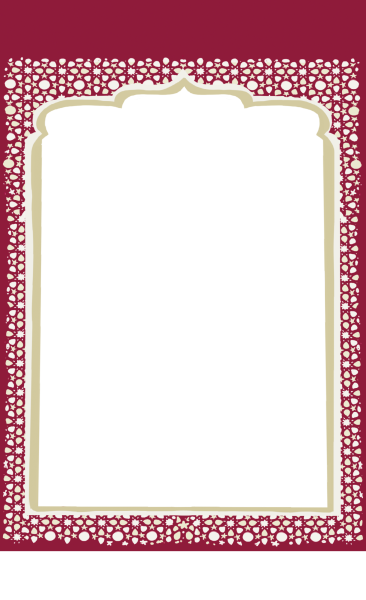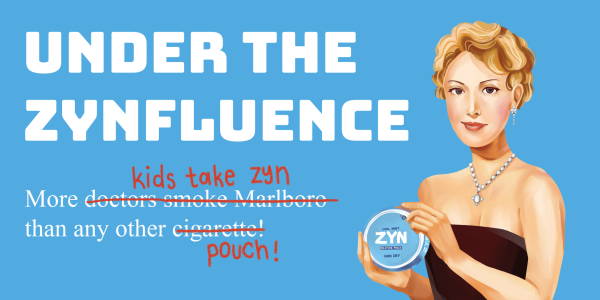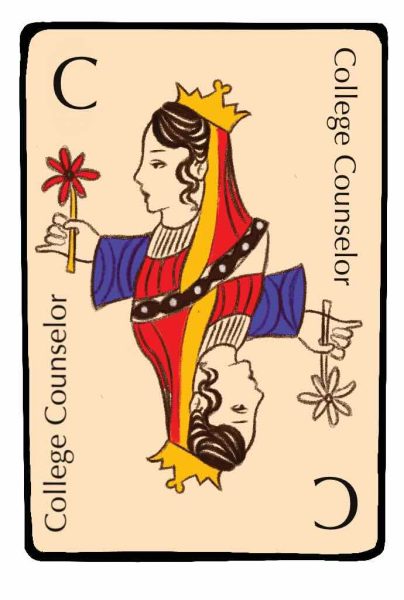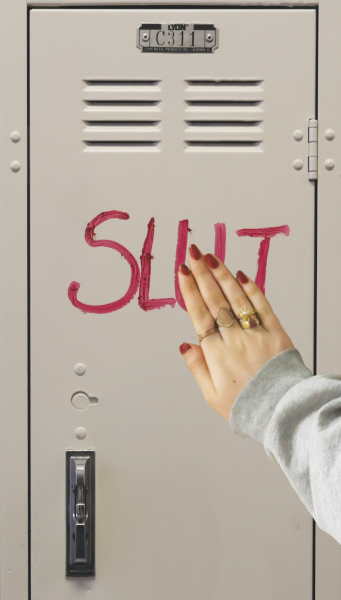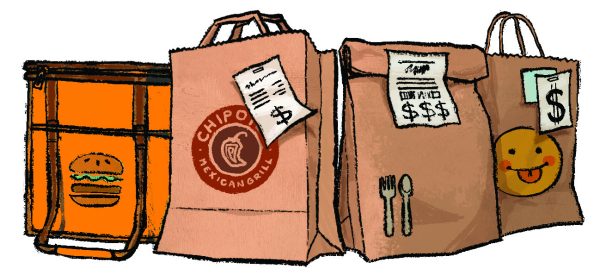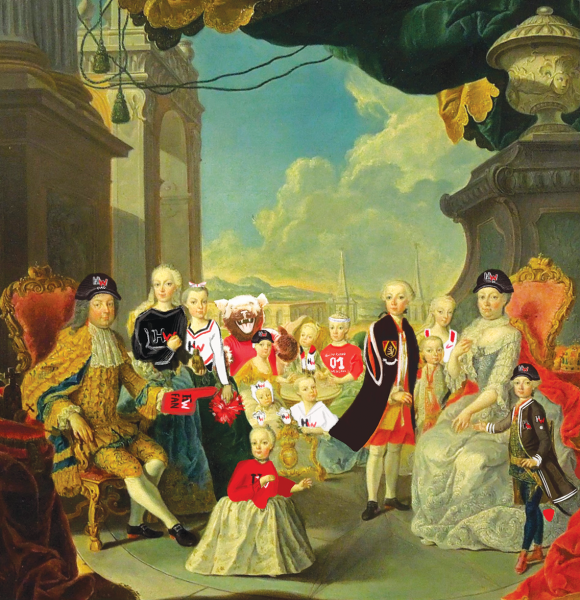Coffee Break
Students drink coffee and other caffeinated beverages to cope with sleep deprivation, school stress and social situations.
October 16, 2021
Piercing through the silence in her bedroom, Liana Wadhwani’s ’22 alarm clock jolted her awake. Wadhwani overcame an urge to hit “snooze” and dragged herself out of bed in order to begin her 4 a.m. morning routine. She poured herself a large cup of hot, black coffee. Wadhwani said she started drinking coffee in her junior year and now relies heavily on her morning coffee to get through the school day with only five hours of sleep.
Wadhwani recently began drinking Trader Joe’s Instant Cold Brew Coffee, which she said tastes stronger and has more concentrated amounts of caffeine than traditional black coffee.
“I’m hooked on it,” Wadhwani said. “It’s like a drug. [With] the stress of school, especially this year with college applications and the amount of work my teachers are giving me, coffee has become a daily part of my life.”
Gemma Lippman ’22 said she drinks at least one cup of coffee daily, either before or during school. Like Wadhwani, she said she attributes her caffeine addiction to the amount of homework she is regularly assigned.
“I have a horrible sleep schedule, by my own fault, like a lot of Harvard-Westlake [students],” Lippman said. “It’s difficult to not use coffee as a way to combat not getting enough sleep because the amount of schoolwork from Harvard-Westlake is just so constant.”
Lippman said she purchases coffee from the cafeteria because it is accessible but said she would continue drinking coffee from home or from a coffee shop if the school discontinued caffeinated beverages.
“The cafeteria makes it easier to get [coffee] in the morning, but if it wasn’t in the cafeteria I would probably still be drinking it from somewhere else,” Lippman said. “I think that is just the product of Harvard-Westlake students already having caffeine addictions because I see plenty of kids coming to school with Starbucks coffee cups and coffee from their house.”
Lippman said she observes some students drinking from Starbucks, Peet’s Coffee and Philz Coffee on Ventura Boulevard, while others bring home-brewed coffee or purchase caffeinated beverages from the upper school cafeterias.
Cafeteria Manager Nipa Boonyamas said the school offers caffeine in a variety of drinks, including coffee brewed by the school, bottled Starbucks Frappuccinos and iced tea. She said caffeine consumption among upper school students has increased significantly in recent years and said students should get more sleep rather than depending on coffee to get through their academic work.
“Students think they need some kind of caffeine, but actually, I think they just need enough rest,” Boonyamas said. “They have so much homework [that] they can’t wake up. They just feel like they need some caffeine to help them wake up in the morning.”
Like Boonyamas, Upper School Counselor Michelle Bracken said she has noticed increasingly higher demands for caffeine throughout her time working at the school. Bracken said she believes the easy access to multiple, new Studio City coffee shops contributes to students’ excessive caffeine consumption.
“The opening of places like Starbucks, Coffee Bean and Peet’s [Coffee] has created a culture where drinking coffee is different than it was 20 years ago when really only adults drank coffee,” Bracken said. “Students can go to Starbucks on the way [to school], so why not have [caffeinated drinks at school]?”
Bracken said while caffeine may be readily available in the cafeteria, she advises students against drinking coffee in high school. She said caffeine is an addiction that works similarly to recreational drugs.
“The longer you delay [drinking coffee], the better it would be because your brain is developing in your adolescence and [throughout] your 20s,” Bracken said. “The side effect of caffeine is that it gives you a false sense of focus. When you put caffeine into your body, you are not even aware of the effects it is having, like your heart racing and getting headaches. In large quantities [consuming too much] caffeine can actually cause hallucinations.”
Senior Prefect Jack Coleman ’22 said although he understands the upper school cafeteria will continue selling coffee due to its high demand, it may be in students’ best interest for the school to limit accessibility to caffeine on campus.
“I don’t blame the cafeteria for having the drinks there because I think a lot of students would be upset if they didn’t sell those,”
Coleman said. “But then again, I don’t think [the cafeteria] sells all kinds of soda and [other unhealthy options] that students would like [the cafeteria to carry].”
While Coleman said he knows that many of his peers regularly purchase caffeinated drinks, he said he does not drink coffee because consuming caffeine to make up for sleep can be detrimental to students’ health.
“I am definitely not against people drinking coffee if they want to drink coffee,” Coleman said. “I have never really liked coffee, and I see [that] a lot of my friends seem [to] really need coffee, but I didn’t want to have that reliance.”
The American Academy of Child and Adolescent Psychiatry recommends teenagers limit their caffeine intake to 100 milligrams per day, which is approximately one cup of coffee or two caffeinated sodas. Bracken said criticism of the school’s current caffeine sale is similar to the criticism it received for its longstanding sale of soda and candy bars.
“Parents were upset that their kids were making those choices [of buying unhealthy food at the cafeteria],” Bracken said. “We could have the same issue with caffeine at some point, recognizing that caffeine can interfere with sleep and biological rhythms. In general, everything in moderation makes sense. It concerns me if students are relying on caffeine to wake them up in the morning to get to school. Maybe it is masking other problems.”
Ava Weinrot ’23 said she drinks coffee in moderation and makes her dark roast coffee in the morning before school three to four times a week. She said she does not like the caffeine choices in the cafeteria.
“I don’t think coffee gives me that much energy, but it makes me jittery around 12:30 p.m.,” Weinrot said. “I realized I should either drink decaf or drink coffee every other day.”
Nicole Lee ’24 buys the Starbucks Frappuccino drinks and the boba drinks sold in the cafeteria. In the past, she said she drank caffeine to gain energy after not getting enough sleep the night before.
“I noticed a frequent dose of coffee affected my mood, concentration and overall health,” Lee said. “It was giving me headaches and increased my levels of anxiety. I tend to only drink [caffeinated drinks] if I’m craving them.”
Lee said she thinks the cafeteria selling caffeinated drinks to students can improve their performance during the elongated class periods in the new block schedule.

“It’s a good idea to have caffeinated drinks sold at the cafeteria because especially with the new schedule of having long block periods, it’s important to be awake and alert for long periods of time,” Lee said. “If I feel sleepy before my class, drinking and having caffeine is very convenient and a great temporary solution.”
Kai Do ’24 said she drinks at least one cup of coffee every day and, at most, gets six hours of sleep each night. Do also said she prefers drinking matcha and espresso over coffee.
“I honestly think that the Ito En green tea is a godsend and a great boost between my afternoon classes when I am feeling tired,” Do said. “I recently switched to matcha for health concerns. As someone who used to be addicted to espresso for giving me my energy, I can drink matcha in good conscience. Plus, it tastes great.”
Kiki Cooper ’23 said that she drinks coffee while socializing with friends and that she enjoys going to Starbucks and Café Luxe after school.
“It can be a fun activity to do with friends to just go get a cup of coffee,” Cooper said. “I have never been one to feel the effects of caffeine because I have been drinking it for a while.”
Although the upper school cafeteria carries bottles of Starbucks Frappuccino available for student purchase, Cooper said she prefers visiting the Starbucks on Ventura Boulevard after school.
“I go to Starbucks so often that I have become friends with the barista,” Cooper said. “I enjoy going out to drink coffee with friends because coffee shops are good for fostering conversations and creating a comfortable and chill environment.”































